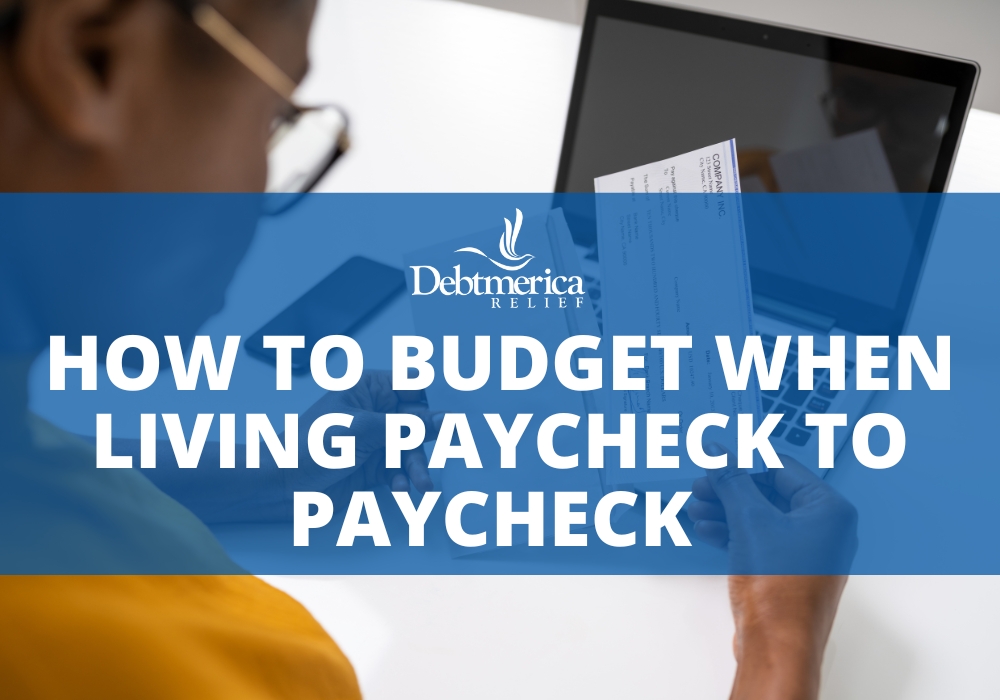How Much Does it Cost to Buy a House in 2024?

As of 2024, the housing market continues to be a significant topic of discussion among potential homebuyers, real estate professionals, and economists alike. Whether you’re a first-time buyer or looking to upgrade, understanding the cost of buying a home in 2024 is crucial for making informed decisions. Here’s a detailed breakdown of what you need to know.
Average Home Prices Nationwide
The average cost of buying a home in the United States has seen fluctuations due to various economic factors, including interest rates, inflation, and supply-demand dynamics. As of Summer 2024, the national median home price is approximately $440,000, up nearly 4% from 2023. However, this figure can vary significantly depending on the region:
- West Coast: Cities like San Francisco and Los Angeles continue to have some of the highest median home prices, often exceeding $1 million.
- East Coast: In cities like New York and Boston, median prices are generally in the $800,000 to $900,000 range.
- Midwest and South: More affordable markets can be found in cities like Cleveland, Ohio, and Birmingham, Alabama, where median prices range from $125,000 to $200,000.
Mortgage Interest Rates
Mortgage interest rates play a pivotal role in determining the overall cost of buying a home. In 2024, interest rates have been hovering around 6.5% to 7.5% for a 30-year fixed-rate mortgage. While this is higher than the historic lows seen during the pandemic, it’s crucial to remember that rates can vary based on your credit score, down payment, and the lender.
For example:
- High Credit Score (740+): You might secure a rate closer to 6.5%.
- Moderate Credit Score (680-739): Expect rates around 7%.
- Low Credit Score (Below 680): Rates may be around or exceeding 7.5%, or you might need to consider alternative lending options.
Down Payment Requirements
The down payment is one of the most significant upfront costs when buying a home. In 2024, conventional loans typically require a down payment of 20% to avoid private mortgage insurance (PMI). However, there are options for lower down payments:
- FHA Loans: As little as 3.5% down for qualified buyers.
- VA Loans: No down payment for eligible veterans.
- Conventional Loans with PMI: Down payments as low as 3% to 5%.
For example, a $185,000 home in Birmingham, Alabama with a 20% down payment would be $37,000, while a 5% down payment would be $9,250. On the other hand, a 20% down payment on a million-dollar home in Los Angeles would be $200,000 while a 5% down payment would be $50,000.
Closing Costs
In addition to the down payment, homebuyers should be prepared for closing costs, which typically range from 2% to 6% of the home’s purchase price. This includes expenses such as:
- Appraisal Fees: $300 to $600
- Title Insurance: $300 to $1,000 (depending on property value and location)
- Home Inspection Fees: $300 to $500
- Origination Fees: 0.5% to 1% of the loan amount
- Underwriting Fees: $400 to $600
- Credit Report Fees: $30 to $50
- Escrow Fees: Varies by location and service provider
- Survey Fees: $300 to $500 (if required)
- Attorney Fees: $500 to $1,000 (if applicable)
- Transfer Taxes: Varies by location (could be a percentage of the purchase price or a flat fee)
- Recording Fees: $50 to $150
- Prepaid Property Taxes: Amount depends on local tax rates and time of year
- Prepaid Homeowners Insurance: Typically 1 year’s premium paid upfront
- HOA Fees: Varies depending on community and association rules (could be prorated)
For a $300,000 home, closing costs could range from $6,000 to $18,000. For a $2 million home, closing costs could range from $40,000 to $120,000. Ultimately, these costs can vary widely based on the property’s location, loan type, and individual circumstances.
Additional Considerations
The housing market in 2024 is influenced by inventory shortages in many areas, leading to competitive bidding wars, especially in desirable neighborhoods. In addition, inflation, wage growth, and economic policies can impact home affordability and should be considered when planning a home purchase. While no one can predict the future with certainty, experts suggest that home prices may continue to rise, albeit at a slower pace compared to the rapid increases seen during the pandemic years. In any case, you’ll need to ensure that you qualify for a mortgage loan. One of the ways you can do this is by ensuring that your debt-to-income (DTI) ratio is acceptable for lenders.
Lower Your Debt Before Buying a Home
The debt-to-income (DTI) ratio is crucial in the home-buying process as it measures a borrower’s ability to manage monthly debt payments relative to their income. Generally, lenders prefer a DTI ratio below 36%. However, some may allow up to 45%, though specific requirements can vary. To calculate your debt-to-income (DTI) ratio, divide your total monthly debt payments by your gross monthly income, then multiply by 100 to get a percentage. Generally, you should include debts like:
- Monthly housing costs, including a mortgage, insurance, homeowners’ association fees and property taxes
- Rent payments
- Home equity loans or lines of credit
- Student loans
- Credit card debt balances
- Pay now pay later loans
- Auto loans
- Personal loans or lines of credit
- Child support
- Alimony
You can leave out utility payments, health insurance, household expenses, and car insurance. There are two ways to lower your DTI ratio: make more money or reduce your current debt. Paying down existing debts, prioritizing high-interest accounts, or consolidating loans can help decrease your debt and in turn, your DTI ratio. It may be beneficial to ask for help when it comes to consolidating debt or seeking a debt settlement.
Debt Help for Those Looking to Buy a Home
Buying a home in 2024 is a significant financial commitment, with costs influenced by various factors including location, interest rates, and market conditions. Prospective buyers should carefully assess their financial situation, consider long-term affordability, and work with a knowledgeable real estate agent to navigate the complexities of the current market. By understanding the costs involved and planning accordingly, you can make a sound investment in your future. Debtmerica Relief has over 18 years of experience in providing relief to our clients whose financial burdens have become too much to handle.
If you need help with debt, contact us for a free consultation.



